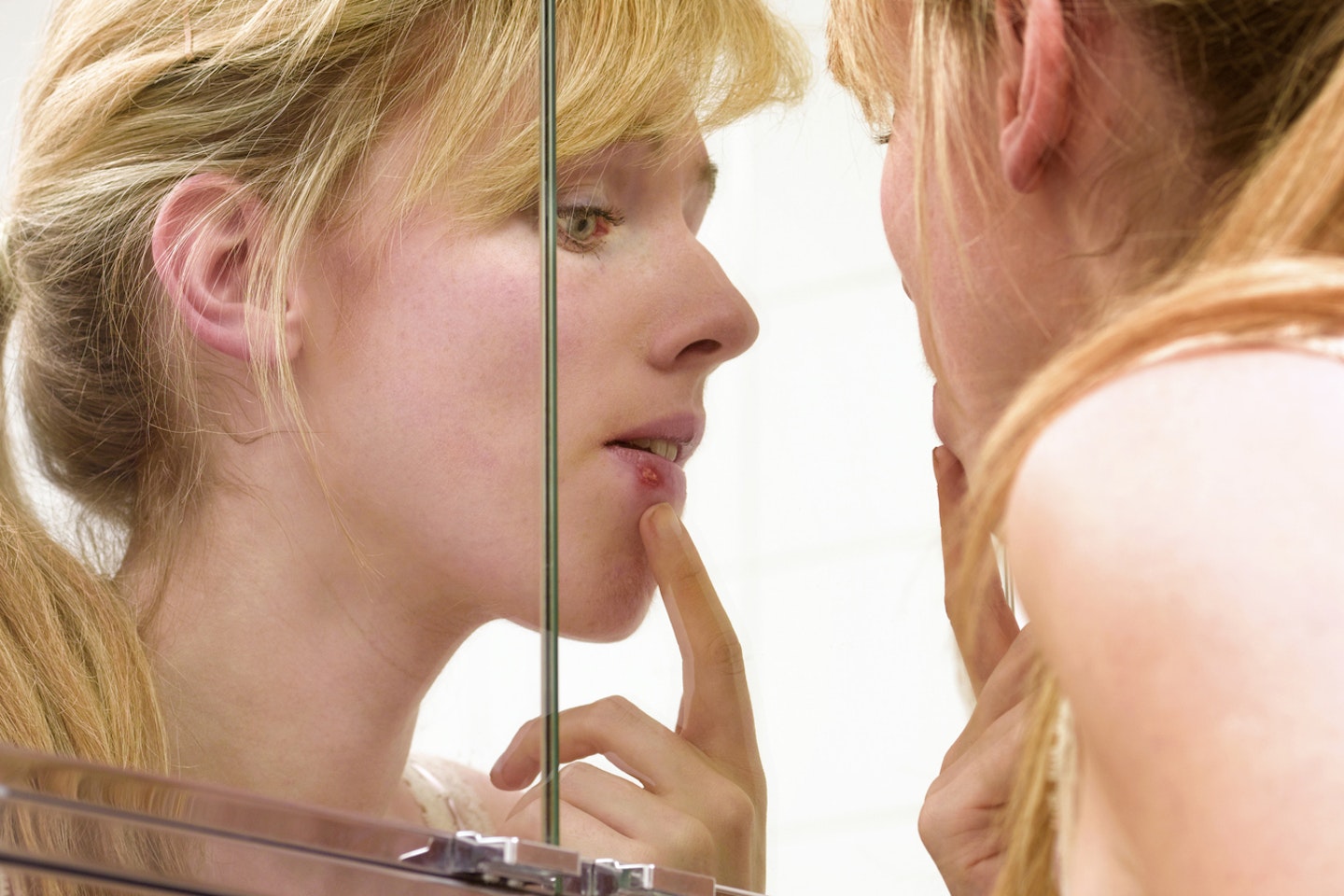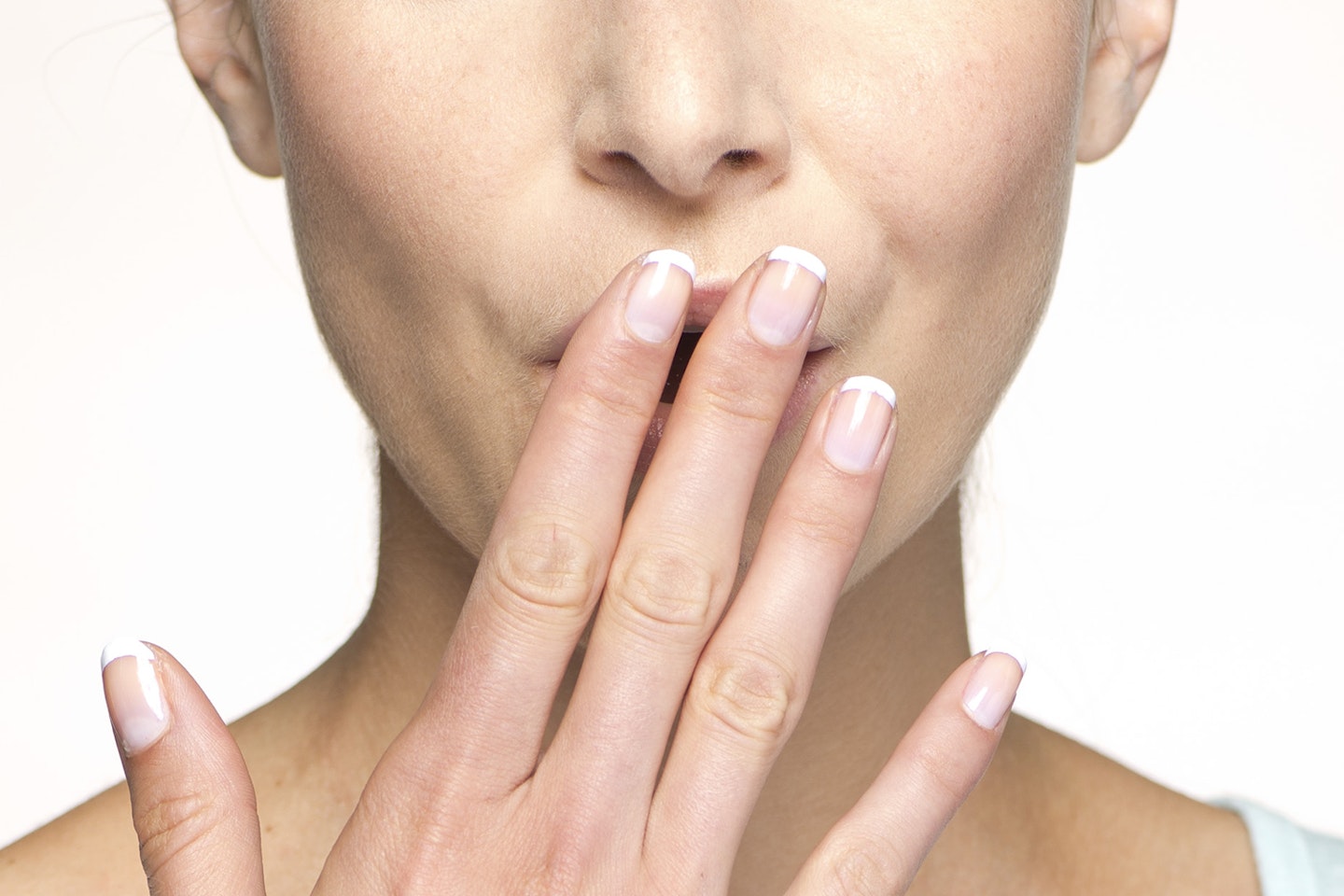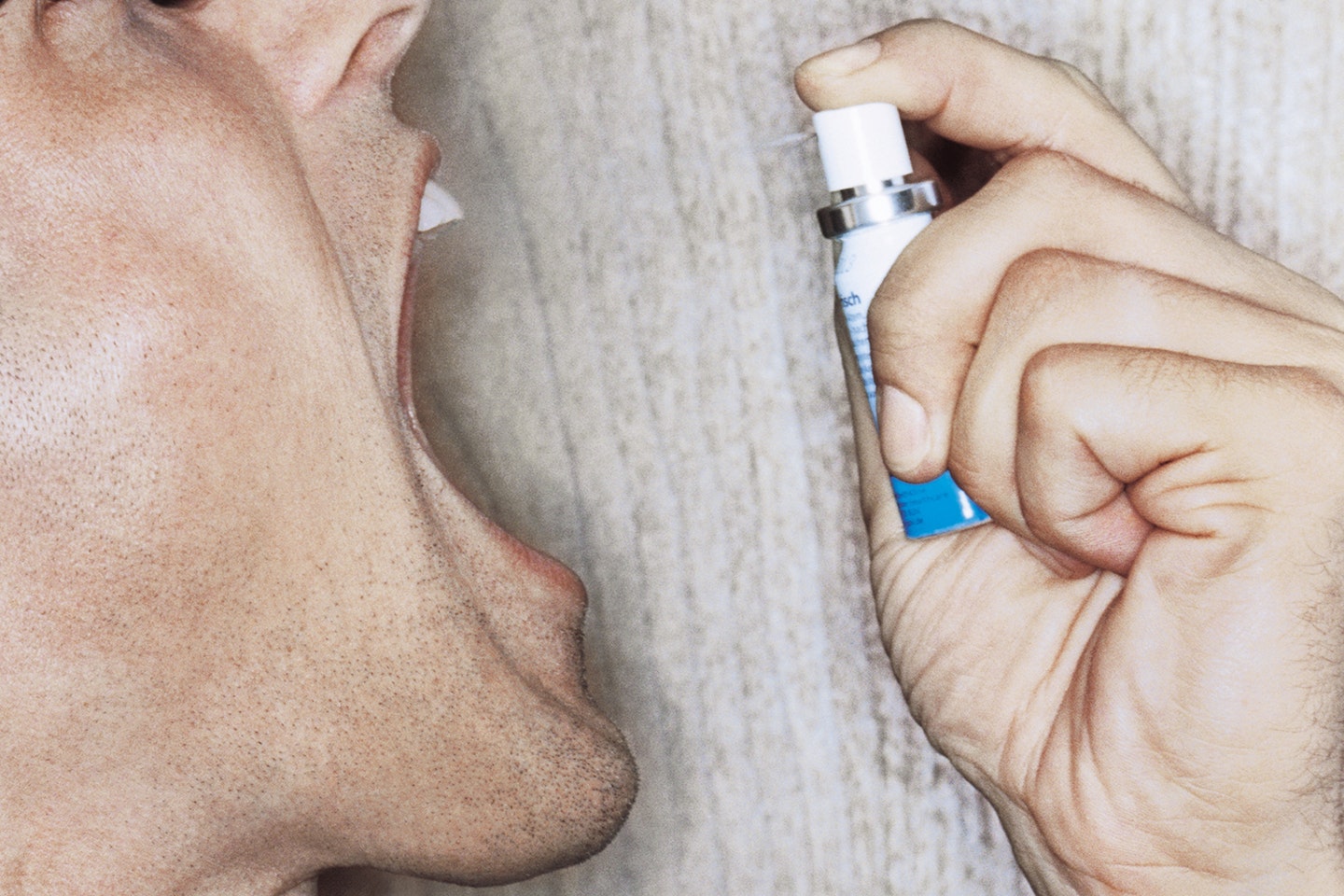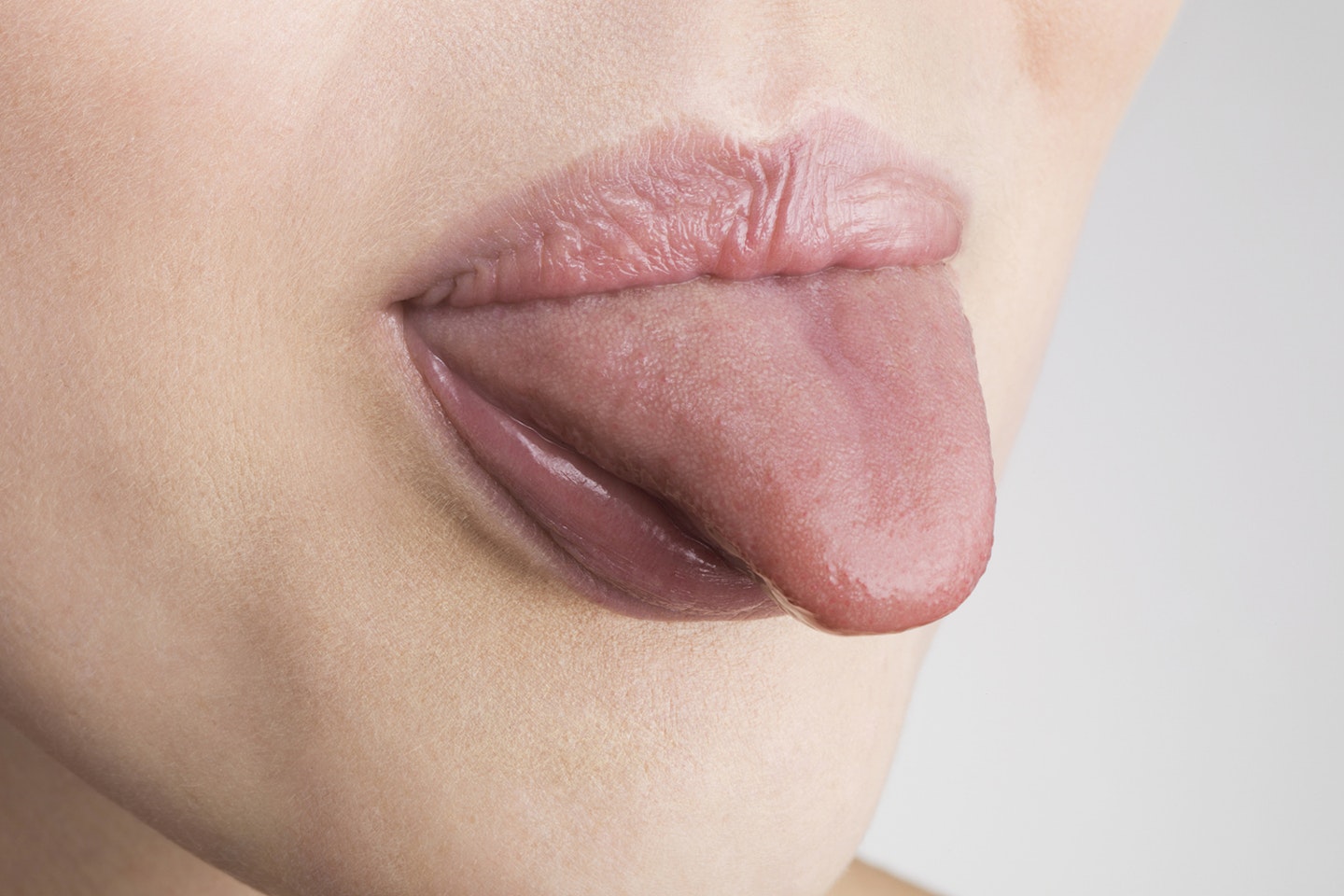Life-threatening conditions, including cancer, can occur in the mouth, so it's vital you keep yours healthy – and watch out for warning signs. Aside from serious concerns, there are other problems that can be painful, unsightly
or embarrassing. Here's my guide to sorting them...
Curb cold sores

The herpes virus, which lies dormant but never goes away, causes cold sores. Most people catch it in childhood, possibly from an auntie kissing them! Some build immunity and never get a cold sore, while others are plagued by them. You can also get and spread it via oral sex as it's the same virus as genital herpes. Avoid any close contact until your cold sore has disappeared, and don't kiss anyone or share towels.
Triggers include sunlight, being tired, stressed and having your period. The first symptom is a tingling, itching or burning sensation, but the cold sore tends to appear really quickly. The advice is to use an antiviral cream as soon as you notice the tingle, but if you get really bad cold sores, take Aciclovir – it is the same drug but in tablet form. When I feel the tingle, I take the highest dose at 800mg, five times a day for one day. It clears it right up.
Keep ulcers at bay

These are often caused by the five Ss – smoking, spirits, spices, sharp teeth and syphilis – but add stress to that list, too. They usually go of their own accord within a few weeks, but multiple, recurrent or painful ulcers need checking out. A protective gel from the chemist is usually enough, but if your ulcers are bad, your GP can prescribe a steroid tablet to hold against them.
Some foods can bring them on: peanuts, chocolate, spicy dishes, coffee, almonds, cheese, flour and tomatoes. Ulcers can signal low vitamin B12, and those with coeliac or Crohn's disease can be prone. If an ulcer has been there for ages, it can signal mouth cancer.
Protect from chapped lips

Being exposed to hot, cold or biting winds is the most common cause of chapped lips, so always use lip balm and pull your scarf up over your mouth in extreme weather. Another common cause is eczema, or contact dermatitis. If you lick your lips a lot, you'll get eczema because your mouth is constantly going from wet to dry, becoming red and cracked. It may be tempting to keep licking your lips, but don't. Picking or biting the little flakes is bad news, too, as it can leave you open to infection. Nothing beats Vaseline, as it creates a protective shield.
Banish bad smells

Apparently a quarter of us suffer from bad breath. If you don't clean your mouth properly, it will start to smell, thanks to bacteria from bits of food stuck between your teeth letting off nasty gases. Brush teeth for two minutes twice a day and use a mouthwash. Try CB12 – it neutralises sulphurous compounds that make your breath smell. Most mouthwashes just mask the smell but this one neutralises the cause.
A nasal drip can coat the back of your tongue with bacteria and make it smell, so use a tongue scraper. A dry mouth also causes bad breath, so sip water and chew sugar-free gum to keep you salivating. Some conditions can cause a dry mouth, so if you're suffering a lot, see your doctor. Some diets, particularly ones that cut out carbs, produce chemicals called ketones that make your breath smell. And recent research has found a cure for garlic breath: if you eat an apple after chewing garlic it will cut the concentration of the chemicals responsible by half. A crunchy apple is good for cleaning between the teeth, too. I approve!
Tackle tongue trouble

A healthy tongue is pink, clean and covered in tiny bumps – papillae – which help us taste. If yours is red or the papillae are inflamed, it could mean you're not getting enough iron, folic acid or vitamin B12 in your diet, so talk to your GP. A black coating is an overgrowth of bacteria and yeast, which can be a sign you need better oral hygiene, including brushing your tongue. A white coating could mean you're dehydrated or it could be oral thrush; it happens if your immune system is weak or your oral hygiene is poor. Clean your mouth thoroughly – if that doesn't help, see your GP.
Catch tonsillitis early on

The main symptoms of tonsillitis are finding it painful to swallow, a fever and headaches. We're encouraged not to prescribe antibiotics, but you should take effective painkillers. Give children liquid ibuprofen or Calpol. If you're struggling to eat and drink or you're having breathing problems, see your GP immediately as there's a rare complication of tonsillitis called quinsy, where you get an abscess on the tonsil that can block your throat and may need surgery. Your tonsils are a barrier against infection, which is why we don't routinely remove them any more. If you do get tonsillitis, stay at home, rest and take painkillers. Doctor's orders!
Read more from Dr Christian:
